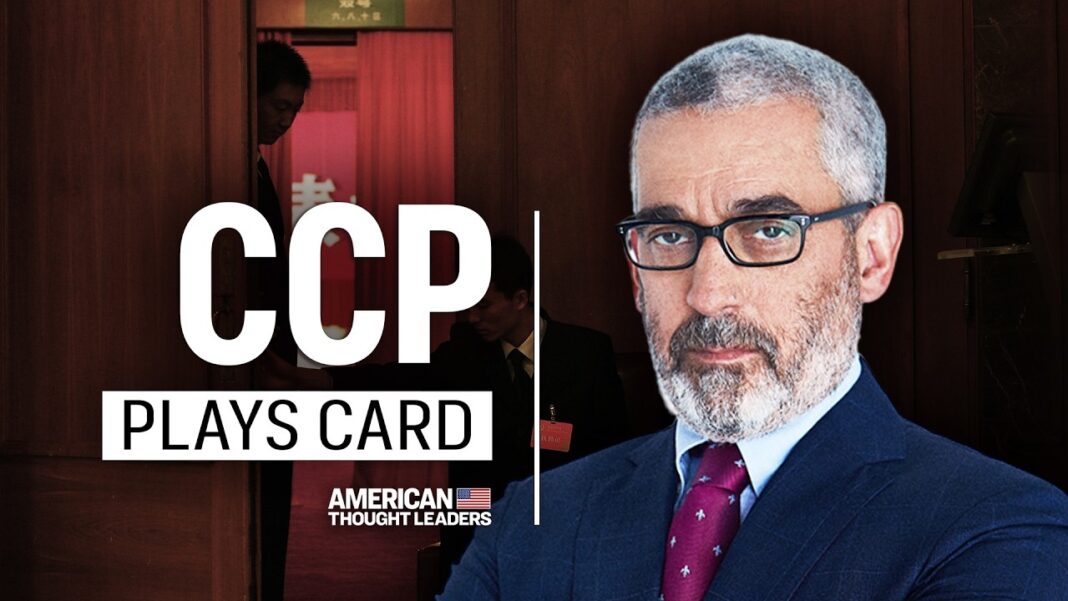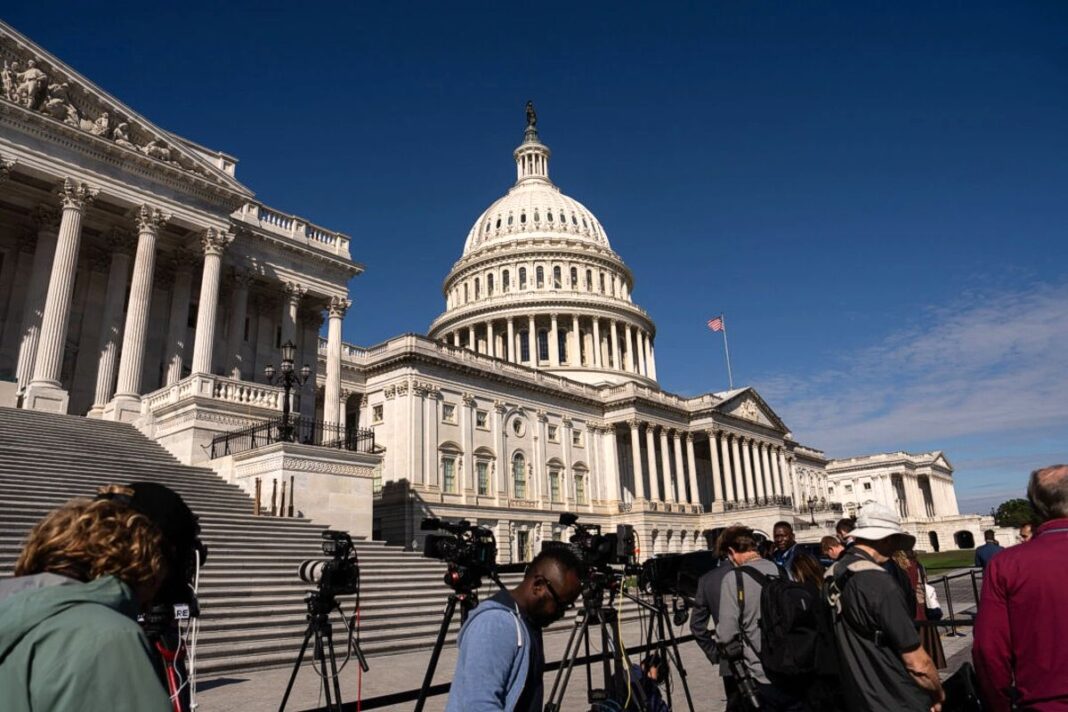The United Kingdom is a union of four nations. The largest is England, and the second biggest is Scotland. It also includes Wales and the six counties of Northern Ireland. These four nations share a history and have some cultural similarities, which is often misunderstood by Americans who equate Britain with England.
This mistake stems from the dominance of the English language in the UK. Even though there are minority languages like Gaelic in Scotland and Ireland, Welsh in Wales, Cornish in Cornwall, etc., the English language is, for most people, the language of daily use. This has led to a problematic assumption that England and Britain mean the same thing.
This is problematic as the UK isn’t a singular nation but a kingdom, by which we mean any piece of land that offers allegiance to a monarch. This differs the UK from other nations in Europe, which are usually based on language groups—like France, Germany, Spain, and Italy—which, roughly and with some exceptions, are nations based on shared language usage.
Even though all European nations have native language minorities, it is generally believed that each nation is home to a language group. Strangely, Americans grasp this logic when it comes to the UK, but the logic escapes some Americans when it comes to Ukraine, insisting that despite Ukrainians having their own language, they are somehow Russian.
Putting this irony aside, I understand why many Americans conclude that Britain and England are the same thing. The difficulty with the UK is that this usually safe way of identifying people by language spoken doesn’t work very well.
Mainly, this is because the UK was born not out of a common shared ethnicity. No, it is a “Game of Thrones”-like story of a monarch uniting diverse peoples who hated one another into a singular state.
This story puts aside the legendary romance of King Arthur and the Dark Ages. It is generally the story of the Kingdom of England conquering Wales and Ireland (Scotland has a unique path to the UK, which I will mention later). It came with the caveat of allowing them both to retain their cultures and customs in exchange for allegiance to the English monarch and paying tax to England.
This medieval model of conquest finds its roots in Rome, which often conquered people, letting them keep their way of life in exchange for mere taxation. This varies from the conquest of the New World, where Europeans and their successor states would annihilate indigenous people, taking their lands and destroying their culture.
This didn’t happen to Wales or Ireland; the deal was to keep your way of life but obey the English monarch. Now, let’s consider Scotland, which is a different matter. Scotland has resisted every attempt to conquer her, be it the Roman Empire, Norse Vikings, or the English. So, Scotland came into the British story late, not as a conquered nation but through marriage and inheritance.
The short story is that in 1603, James VI of Scotland was offered the crown of England. As a result of marriage between the Scottish and English royal families, he had a claim to the crown, especially with his grandfather’s marriage to an English princess. The fact that Elizabeth I, the Virgin Queen, had no children to succeed her led to a Scottish king being given the English crown, founding a new nation called Great Britain.
This complex history led to four nations being united under one crown. It’s a lot to take in, so the simpler linguistic narrative—”they all speak English, so they are English”—is easier for Americans to grasp.
The difficulty is when Americans try to engage with British politics, where they keep saying “England” rather than “Britain.” If it is the Scots-Irish J.D. Vance, who often talks about “England” rather than “Britain” despite his ancestry being Irish and Scottish (peoples who would be distressed by such a mistake), he is actually hurting the British people he claims descent from and damaging the internal unity of the UK.
Especially as strong movements for independence emerge in Scotland and Northern Ireland, who argue that their unique national characteristics are being ignored and that they would be better off as independent nations again.
When prominent Americans like Tucker Carlson go, “What is King Charles doing to preserve England?” this emboldens this feeling, especially as politicized American content reaches across the Atlantic. The nationalistic claims of separatists are affirmed by Americans’ rhetoric that Scotland, Wales, and Northern Ireland are disappearing into just being part of England, to the point that Americans do not even know they exist, awakening a national pride that demands independence.
There are no greater helpers of the break-up of the UK than the American conservative commentator, who dives in saying, “We must save England,” and may very well help destroy the United Kingdom. This is an accident, but one which has big consequences for the UK. A humble plea: if you want to jump in, please use British, not English. It could save the UK.







